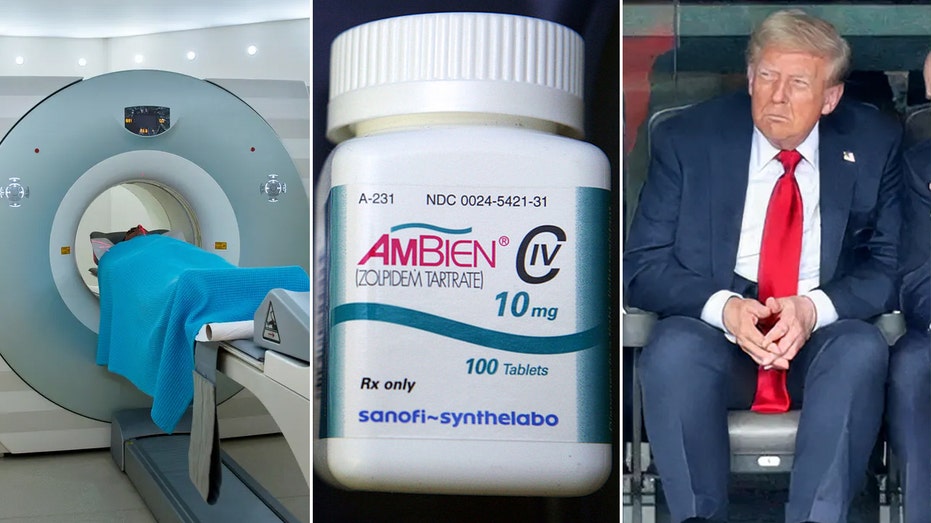Medical Schools Too Political, Risking Unscientific Thinking and Patient Care

Sarah Johnson
June 7, 2025
Brief
Medical professionals warn that schools are too political, prioritizing advocacy over science and patient care, risking unscientific thinking and patient trust.
In a striking critique of the current state of medical education, two prominent medical professionals have raised alarms over the growing politicization of medical schools, warning that it’s steering students away from science and patient care. Dr. Sally Satel of Yale University and Dr. Thomas S. Huddle of the University of Alabama at Birmingham argue that political advocacy is being placed on par with foundational medical knowledge like anatomy and physiology. This, they claim, is a dangerous trend.
Their report highlights how unscientific thinking is creeping into discussions about health disparities. For instance, they point to institutions like the University of Minnesota’s now-defunct Center for Antiracism Research for Health Equity, which labeled structural racism as a definitive cause of health inequities—a claim they argue is far from settled science. Similarly, they critique broad assertions from organizations like the Kaiser Family Foundation that pin health differences solely on social and economic inequities.
Perhaps most jarring is their recounting of an incident at the University of California, San Francisco, Medical Center, where staff and students reportedly chanted politically charged slogans related to the Israel-Hamas conflict, disrupting the sanctity of patient spaces. Such actions, they argue, prioritize ideological stances over the fundamental duty to put patients first.
Other examples of politicization include medical schools pushing for racial reparations and mandating antiracism training post-George Floyd, which some tie to licensing requirements. Satel and Huddle aren’t dismissing advocacy outright—they propose guidelines for medical professionals to balance responsible activism with their primary role as caregivers, ensuring it doesn’t strain professional relationships or patient trust.
The core of their message is clear: medicine must return to its roots of science and empathy, not become a battleground for political agendas. When ideology overshadows expertise, it’s the patients who suffer most.
Topics
Editor's Comments
Well, it seems medical schools are prescribing a heavy dose of politics with a side of science these days. Chanting slogans in hospital corridors? That’s not in any Hippocratic Oath I’ve read. Maybe next, they’ll diagnose ‘ideological fever’ as the new epidemic. Let’s hope the cure isn’t more protest signs in the ER!
Like this article? Share it with your friends!
If you find this article interesting, feel free to share it with your friends!
Thank you for your support! Sharing is the greatest encouragement for us.



